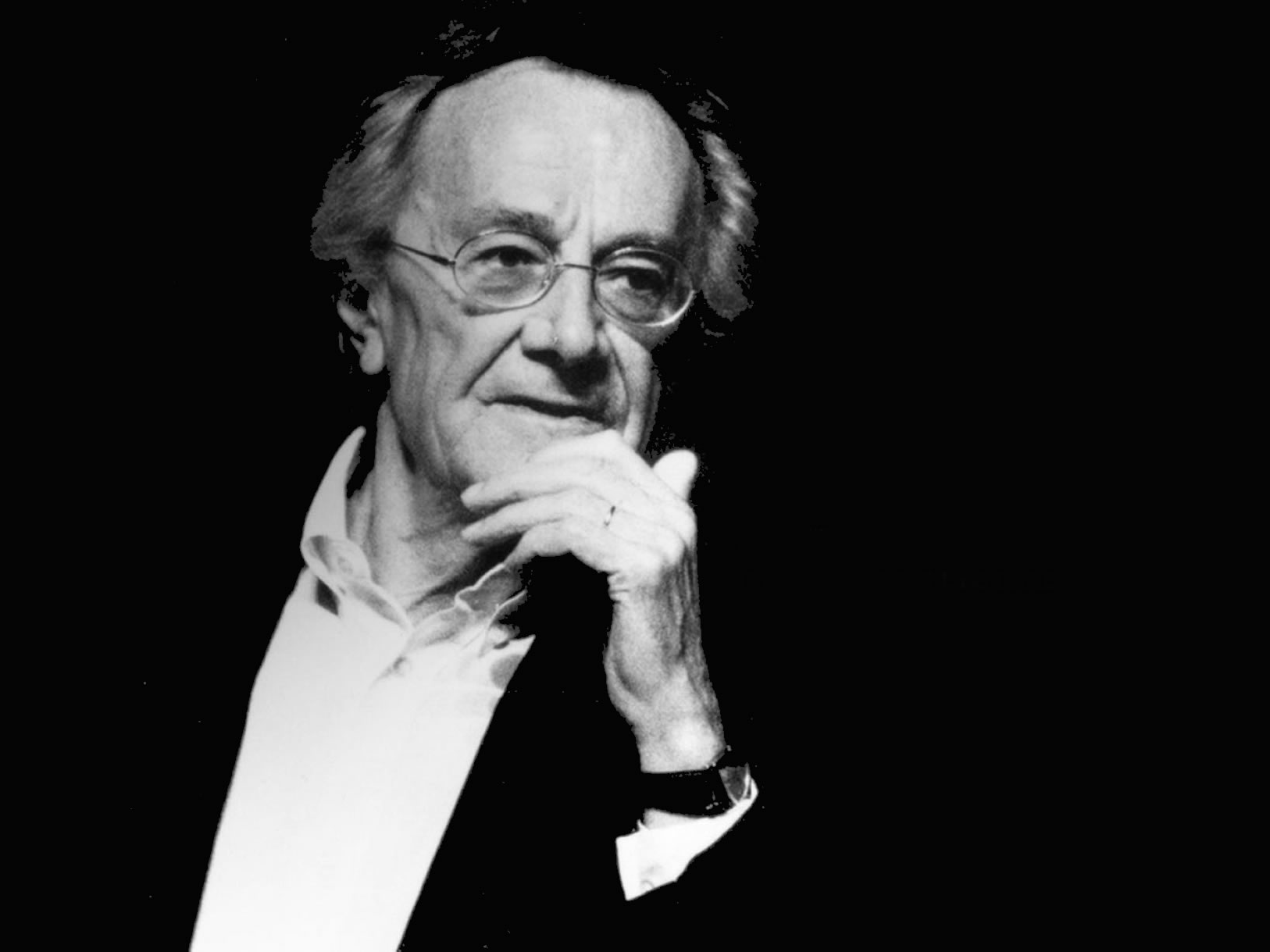Call for Papers: Lyotard and the 21st Century
 Source: Salirickandres.altervista.org
Source: Salirickandres.altervista.org
Lyotard and the 21st Century
Special Issue of Technophany dedicated to the Centenary of Jean-François Lyotard
Editors: Yuk Hui, Pieter Lemmens
2024 marks the 100th anniversary of Jean-François Lyotard (10th August, 1924, Versailles–21st April, 1998). Lyotard was the thinker who endeavoured to open a new epoch, most influentially reflected in his discourse on the postmodern. His characterizations of the postmodern, such as “the incredulity toward metanarratives,” “the decline of universalist discourses,” “the reign of the performativity principle” and the age of the “hegemony of the techno-economic system,” not only remain actual but also deserve a deeper engagement within our current technological condition. His articulation of the postmodern is not only limited to the books containing the word “postmodern” in their title—The Postmodern Condition: A Report on Knowledge (1979), The Postmodern Explained (1988) and Postmodern Fables (1993)—but can be found in his reflection on science and technology throughout present since Discours, Figure (1971), where one could find consistent motives concerning disturbances and resistances against a totalizing discursive system. With his magnum opus, The Differend: Phrases in Dispute (1983)—“my philosophy book,” as he himself called it—Lyotard became one of the most prominent representatives of the so-called “linguistic turn,” which dominated continental philosophy in the 1980s and 1990s.
Lyotard was a very influential author in the late twentieth century, not only in philosophy but also in aesthetics, art and media theory, political theory, sociology, pedagogy, linguistics and cultural studies. He was one of the major voices in the dispute between the modernists and postmodernists at the time, alongside Jacques Derrida, Jürgen Habermas, Karl-Otto Apel, Fredric Jameson and Richard Rorty. After his death in 1998, and with the gradual closure of the postmodern interlude, the name Lyotard appeared less frequently; however, in recent years, it has regained attention, in particular as regards his views on politics and technology, the latter being Lyotard’s main theoretical and political focus since the mid-1980s, expressed in books such as The Inhuman: Reflections on Time (1988), Readings in Infancy (1991) and Postmodern Fables (1993).
Technophany wants to commemorate this anniversary with a special issue dedicated to the question of the continuing relevance of the work of Lyotard for the 21st century, which, on the one hand, appears to develop along the lines set out in Lyotard’s highly prophetic book on The Postmodern Condition, with the ongoing consolidation of the global techno-economic system embodying the most updated logic of capitalism and with the ever-increasing subordination of societies on a global scale to the performativity criterium through digital networks, AI algorithms and the transhumanist ideology propagated by the global oligarchy; on the other hand, the 21st century seems to have unfolded into a series of crises that Lyotard himself did not fully anticipate, for example, the apocalyptic urgency of the global ecological crisis and the enframing of the Earth into what Earth system scientists have called the Anthropocene, a new geological and geo-technological condition.
Lyotard’s thinking, apart from its celebrated postmodern birthmarks, offers plenty of resources for thinking through our current geo-historical moment and reflecting on the many material and intellectual developments currently at stake. His rich thinking has opened different incomplete paths to confront the challenges and crises humanity faces in the disorienting 21st century of crisis-ridden planetarization and ongoing technologization. We invite authors to reflect on the legacy of Lyotard’s multifaceted oeuvre for the 21st century against the backdrop of contemporary intellectual debates, reflecting on the continued relevance and futurity of notions such as the postmodern, the differend, narrativity, the un(re)presentable, the sublime, the libidinal, the inhuman, the system, resistance, the event, performativity, paralogy and many others.
Key Dates:
10th April: Deadline of abstracts (500 words to be sent to lyotardcentenary@gmail.com);
30th April: Announcement of acceptance of abstracts;
15th September: Complete articles due;
Publication: Late November/December, 2024.



